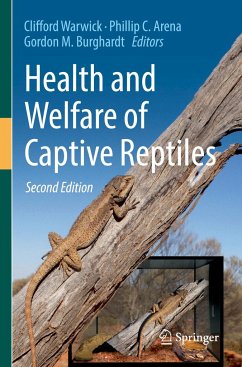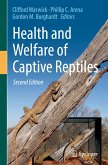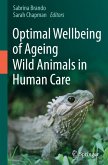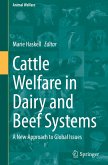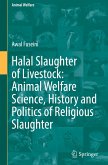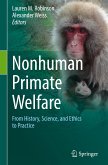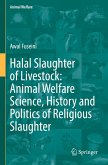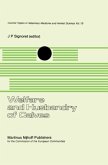This extensively revised and expanded new edition offers concepts, principles and applied information that relates to the wellbeing of reptiles. As a manual on health and welfare in a similar vein to volumes addressing the sciences of anatomy, behaviour or psychology, this book thoroughly examines the biology of reptile welfare and is about meeting biological needs.
The editors, acknowledged experts in their own right, have once again drawn together an extremely impressive international group of contributors. Positive and negative implications of general husbandry and research programs are discussed. In addition to greatly revised original content are nine new chapters offering readers novel insight into:
- sensory systems
- social behaviour
- brain and cognition
- controlled deprivation and enrichment
-effects of captivity-imposed noise and light disturbance on welfare
-spatial and thermal factors-evidential thresholds for species suitability in captivity
- record keeping as an aid to captive care
-arbitrary husbandry practices and misconceptions
The authors have adopted a user-friendly writing style to accommodate a broad readership. Although primarily aimed at academic professionals, this comprehensive volume is fundamentally a biology book that will also inform all involved in captive reptile husbandry. Among others, zoo personnel, herpetologists, veterinarians, lab animal scientists, and expert readers in animal welfare and behavioural studies will benefit from this updated work.
The editors, acknowledged experts in their own right, have once again drawn together an extremely impressive international group of contributors. Positive and negative implications of general husbandry and research programs are discussed. In addition to greatly revised original content are nine new chapters offering readers novel insight into:
- sensory systems
- social behaviour
- brain and cognition
- controlled deprivation and enrichment
-effects of captivity-imposed noise and light disturbance on welfare
-spatial and thermal factors-evidential thresholds for species suitability in captivity
- record keeping as an aid to captive care
-arbitrary husbandry practices and misconceptions
The authors have adopted a user-friendly writing style to accommodate a broad readership. Although primarily aimed at academic professionals, this comprehensive volume is fundamentally a biology book that will also inform all involved in captive reptile husbandry. Among others, zoo personnel, herpetologists, veterinarians, lab animal scientists, and expert readers in animal welfare and behavioural studies will benefit from this updated work.
"Health and Welfare of Captive Reptiles, Second Edition is a huge 19-chapter,638-pagebook ... . it consists of a series of very detailed literature reviews on aspects of reptile physiology and behavior ... . Each chapter is heavy with references. ... Inclusion of the weblinks to those which are freely available in the reference lists is a welcome touch. ... I suspect the book will prove most valuable to educators in veterinary schools and agricultural colleges" (Frances M. Baines, Animal Welfare, November 6, 2023)

